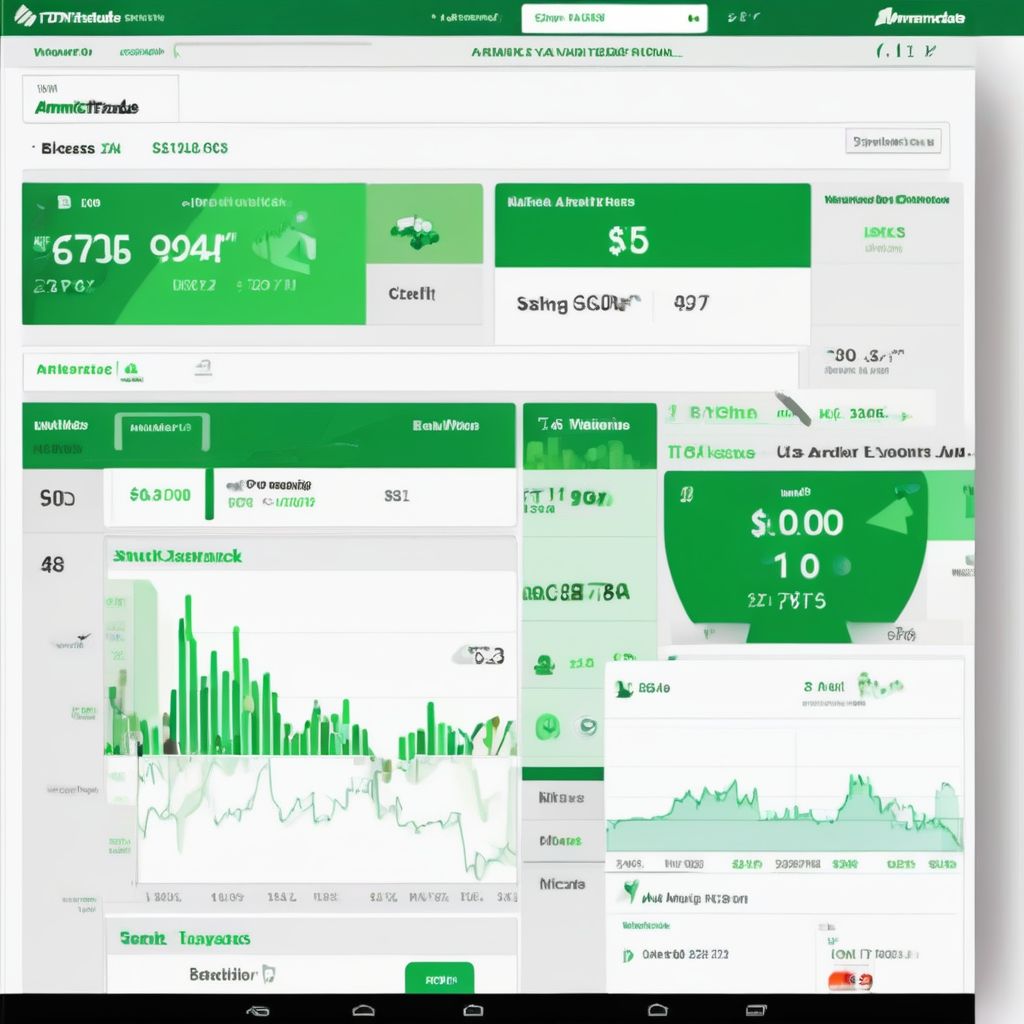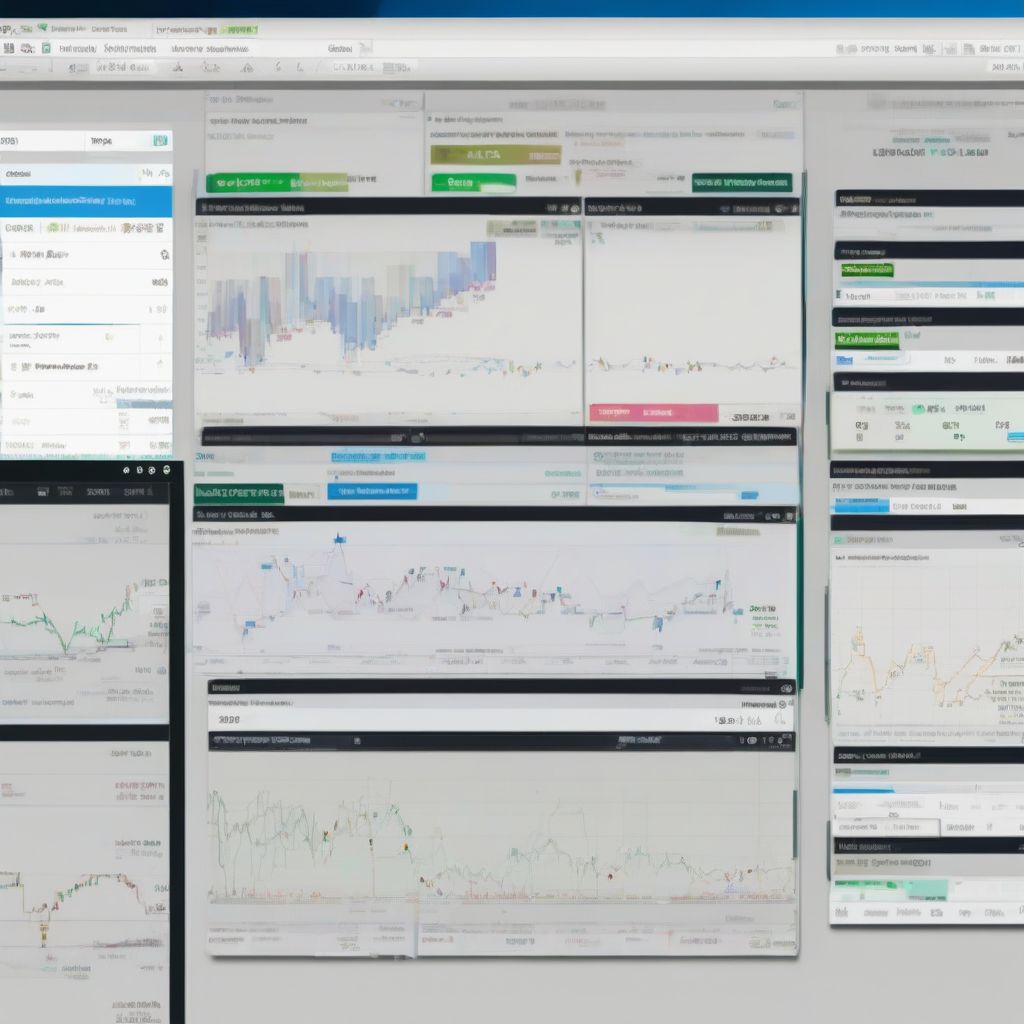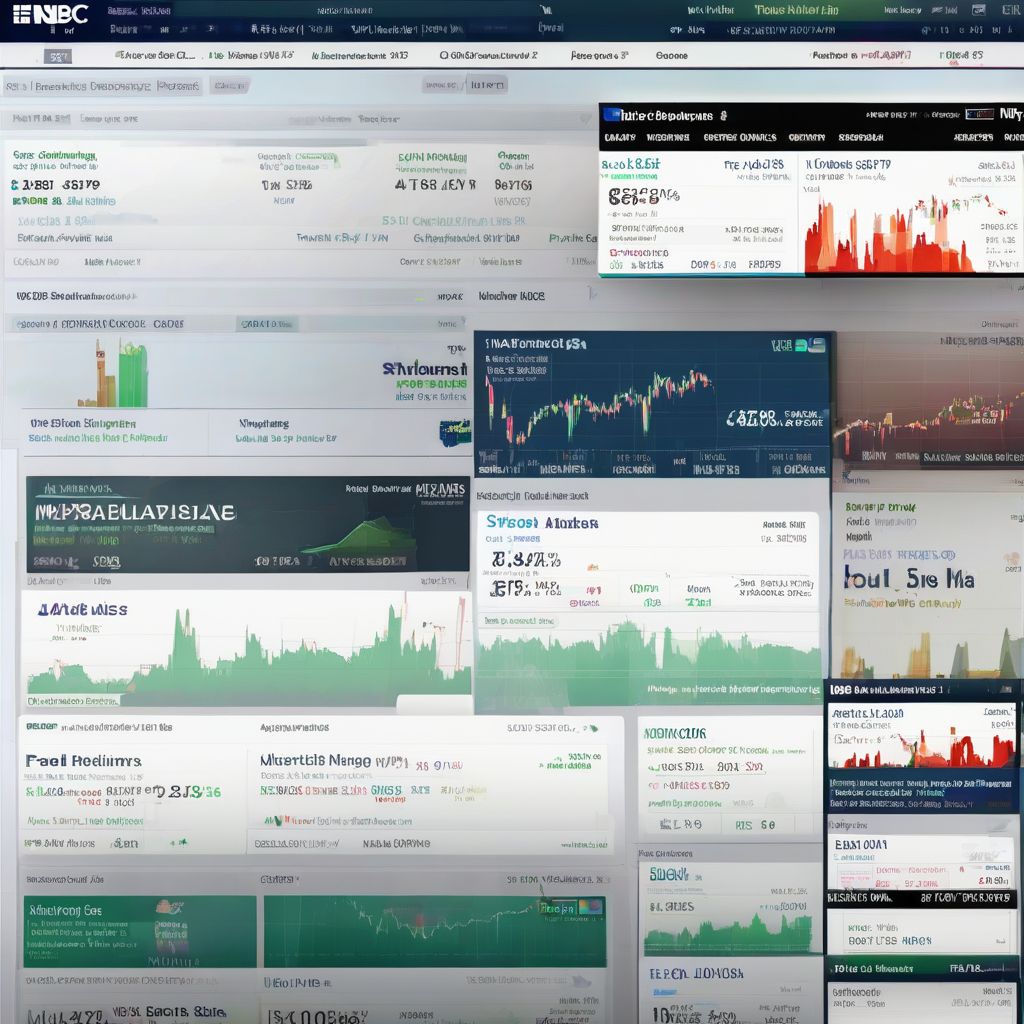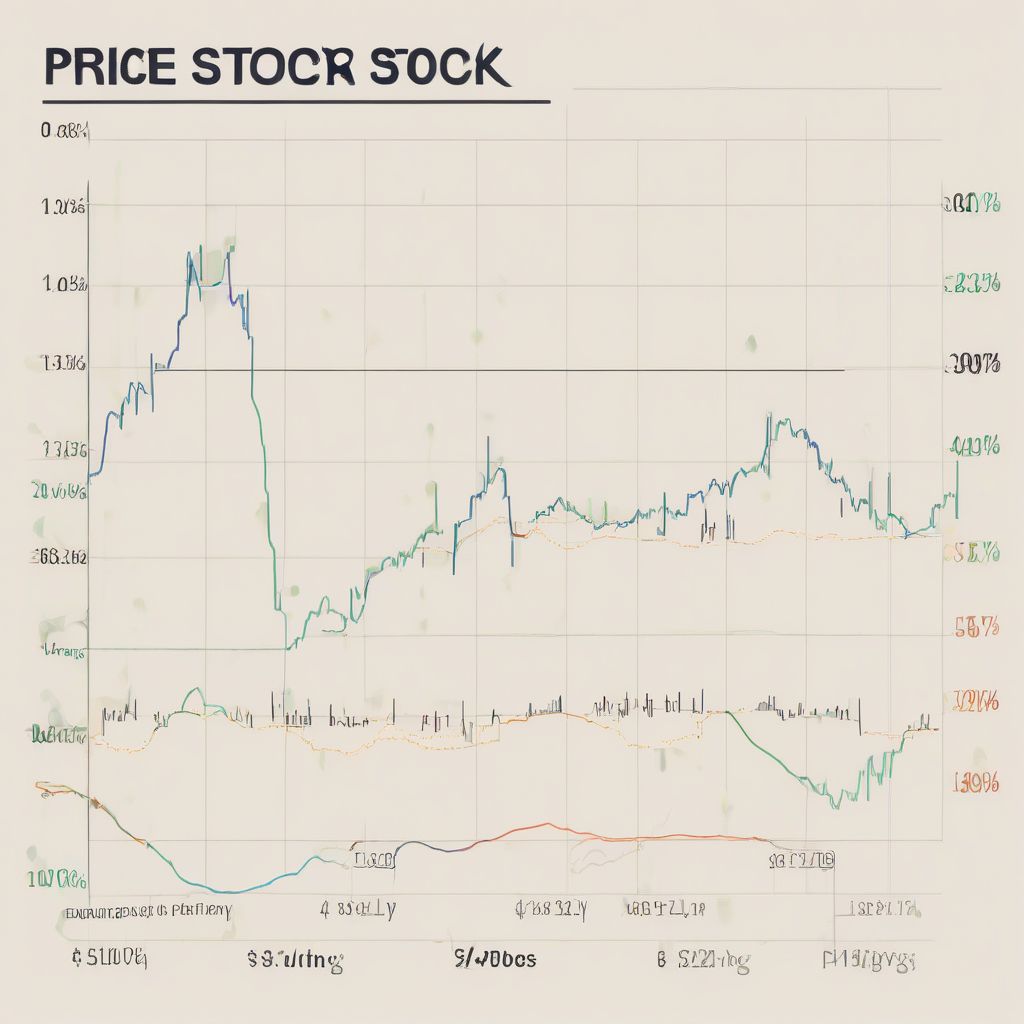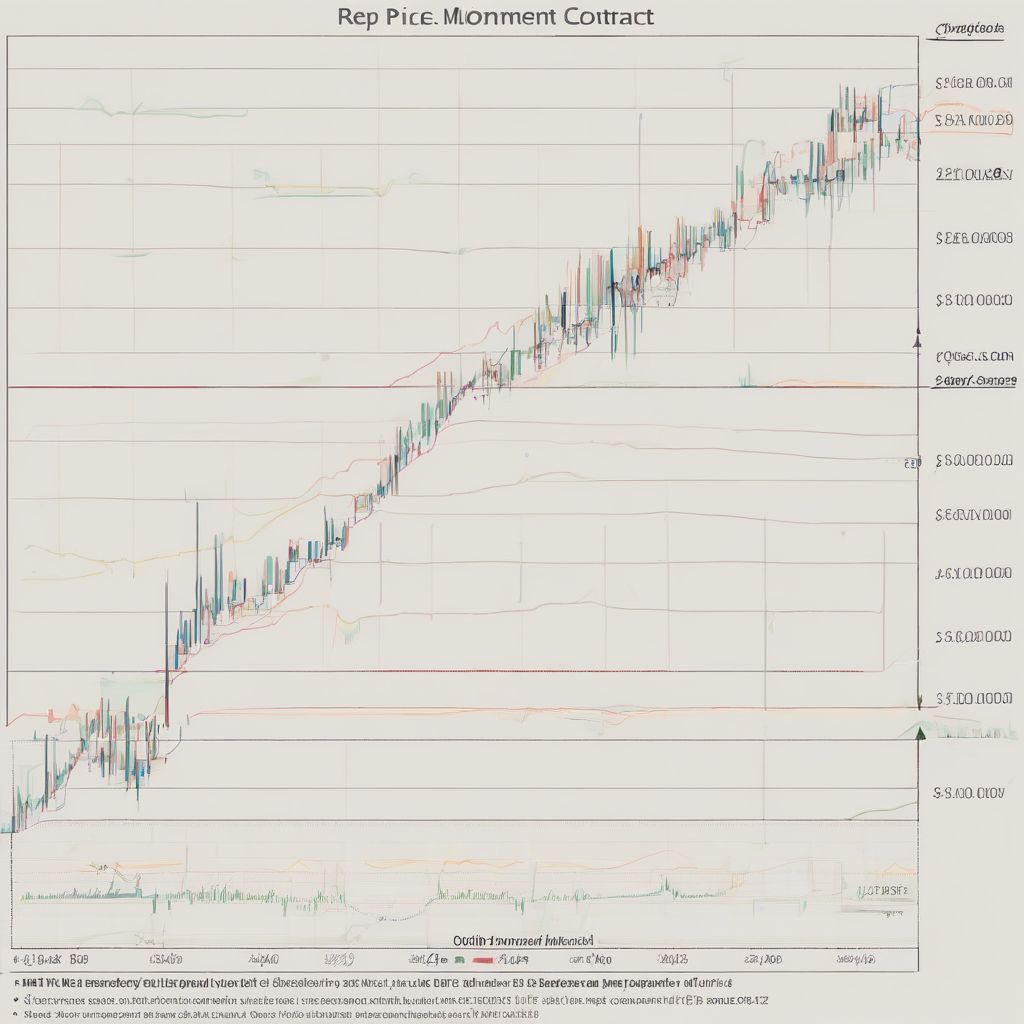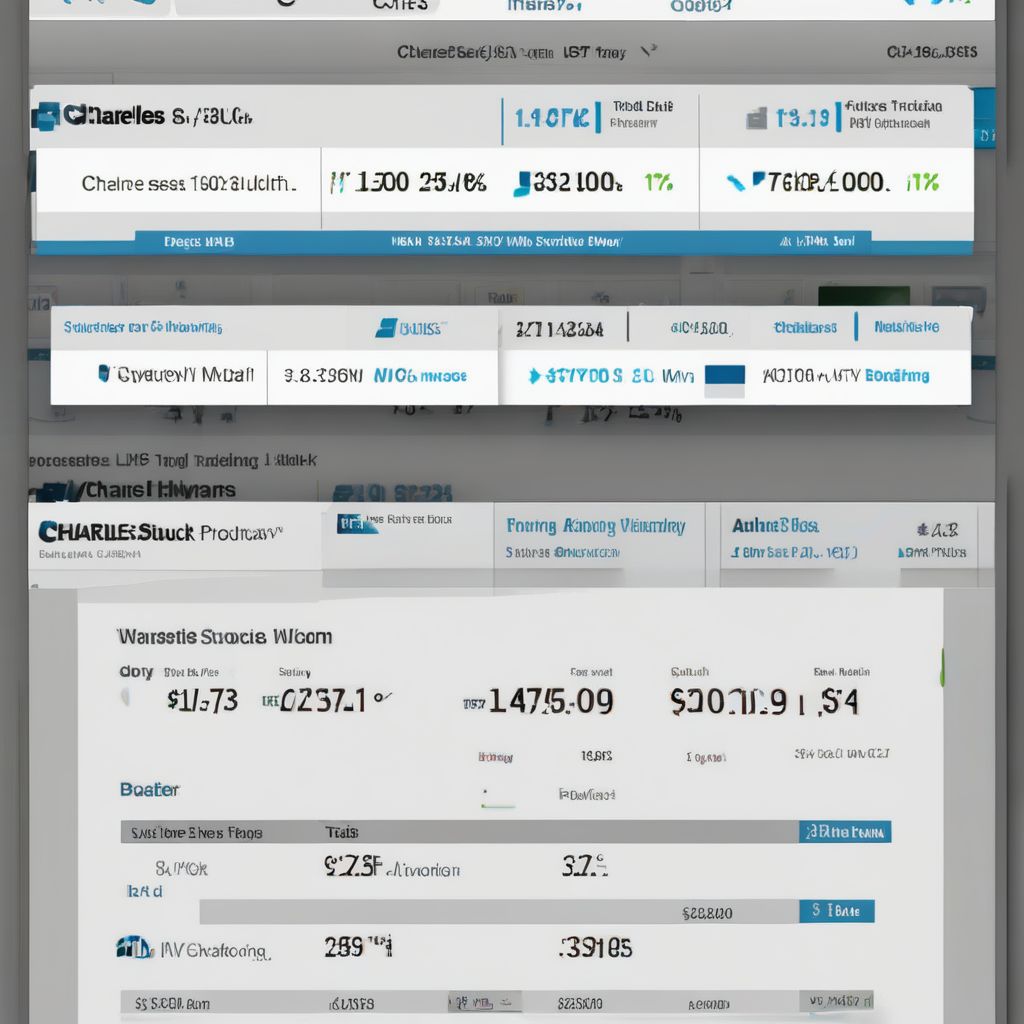Best Trading Platforms for Beginners in 2023
So, you’re ready to dive into the exciting world of trading, but don’t know where to start? Choosing the Best Trading Platform For Beginners is crucial to your success. It’s where you’ll spend most of your time researching, analyzing, and executing trades.
This article is your ultimate guide to navigating the world of online trading platforms designed specifically for beginners. We’ll break down the features, fees, and benefits of each to help you make an informed decision.
Understanding the Basics: What is a Trading Platform?
Before we jump into the specifics, let’s define what a trading platform actually is. In simple terms, it’s a software application provided by brokers that allows you to buy and sell various financial instruments like stocks, bonds, options, ETFs, and forex. Think of it as your command center for all things trading!
Why Choosing the Right Platform Matters
Especially for beginners, the right platform can make or break your trading experience. Here’s why:
- Ease of Use: User-friendly interfaces are essential for navigating the platform without getting lost in complex jargon or features.
- Educational Resources: Look for platforms offering tutorials, articles, webinars, and even demo accounts to practice your skills risk-free.
- Customer Support: Having reliable customer service available via phone, email, or live chat can be a lifesaver when questions or issues arise.
- Fees and Commissions: Pay close attention to trading fees, account maintenance fees, and other charges that can eat into your profits.
- Investment Options: Some platforms specialize in certain asset classes, while others offer a wider selection.
Top Trading Platforms for Beginners
Now, let’s explore some of the best trading platforms tailored for those just starting their trading journey:
1. TD Ameritrade
Consistently ranked among the best overall brokers, TD Ameritrade is a fantastic option for beginners due to its robust educational resources and user-friendly platform.
- Pros: Excellent research tools, paper trading (simulated trading) account, vast educational library, mobile app available.
- Cons: Can be overwhelming for absolute beginners due to the sheer amount of features and tools.
trading.hoahocthcs.com/wp-content/uploads/2024/07/TD Ameritrade platform screenshot-66a456.jpg" alt="TD Ameritrade trading platform" width="1024" height="1024">TD Ameritrade trading platform
2. Fidelity
Fidelity is another excellent choice for beginners, known for its commission-free stock, ETF, and options trading.
- Pros: $0 commission fees, user-friendly platform, research and educational resources, 24/7 customer support.
- Cons: Limited selection of international stocks.
3. E*TRADE
E*TRADE is a well-established broker with a long history of serving investors of all levels.
- Pros: Intuitive platform, comprehensive educational offerings, access to a wide range of investments.
- Cons: Higher minimum deposit requirements than some competitors.
4. Robinhood
Robinhood gained popularity for its commission-free trading and easy-to-use mobile app, making it appealing to beginners.
- Pros: Simple and intuitive design, commission-free trading, fractional shares available.
- Cons: Limited research and educational resources, no mutual fund trading.
5. Webull
Webull is another mobile-first platform catering to a younger, tech-savvy audience with its commission-free trading and advanced charting tools.
- Pros: No commission fees, user-friendly mobile app, access to pre- and after-hours trading.
- Cons: Limited customer support, fewer educational resources.
Choosing the Best Platform for You
The best trading platform for you ultimately depends on your individual needs and preferences. Consider these factors:
- Your Budget: How much are you willing to pay in fees and commissions?
- Your Investment Goals: Are you primarily interested in stocks, options, or other assets?
- Your Experience Level: How comfortable are you navigating trading platforms?
Conclusion
Embarking on your trading journey can be an exciting and rewarding experience. By carefully considering your options and selecting the right platform, you’ll be well on your way to making informed investment decisions. Remember, the key is to start slow, do your research, and never stop learning!
What are your thoughts on these beginner-friendly platforms? Share your experiences and questions in the comments below!
